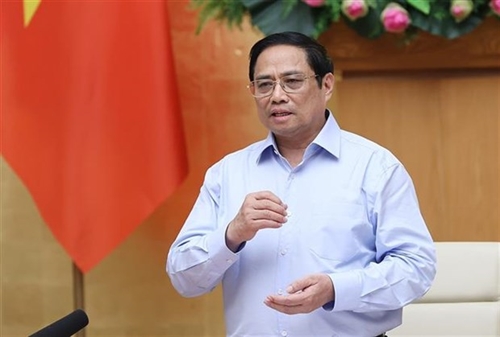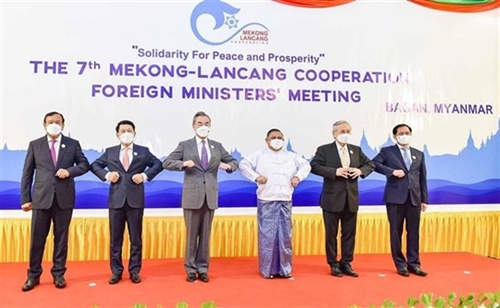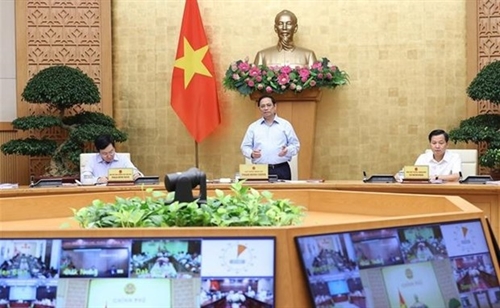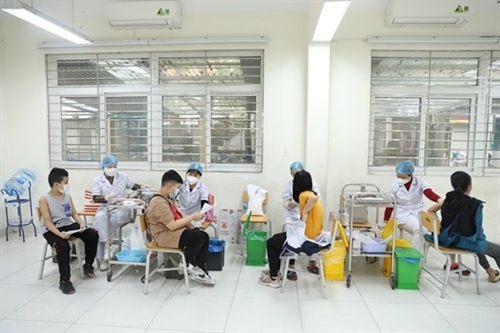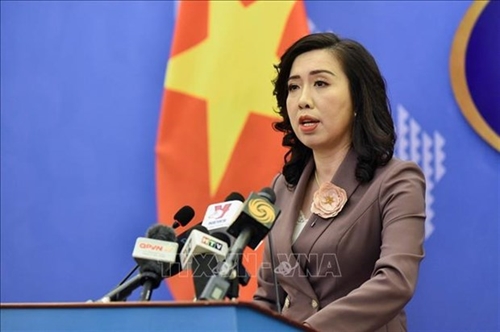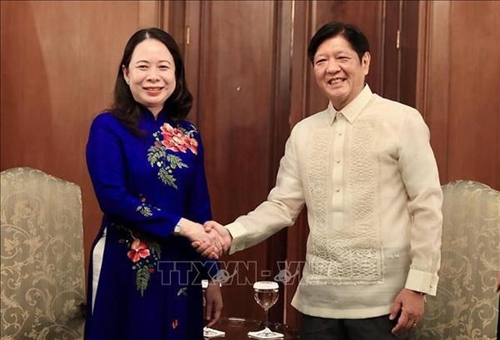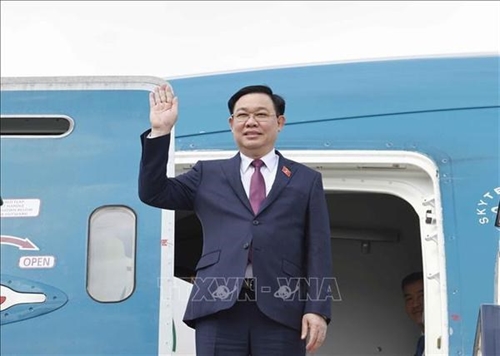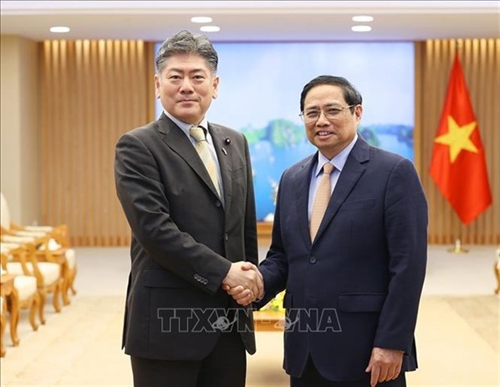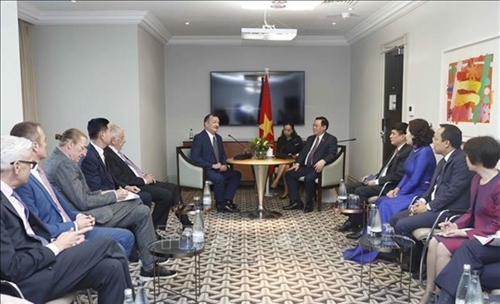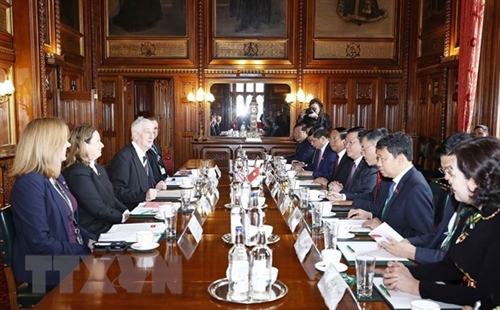The President Office announced the 2022 Amnesty Decision in a press conference on July 4.
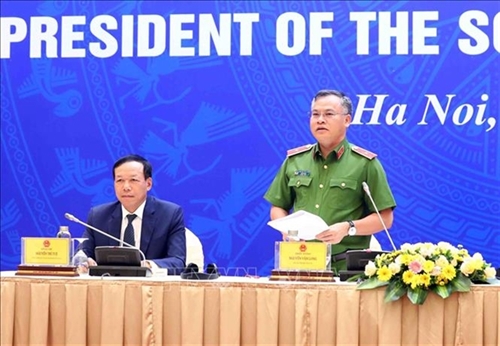 |
Deputy Minister of Public Security Nguyen Van Long answers questions from correspondents on July 4.__ Photo: VNA |
| Deputy Minister of Public Security Nguyen Van Long answers questions from correspondents on July 4.__ Photo: VNA |
Under the decision, President Nguyen Xuan Phuc will grant amnesty to eligible prisoners on the occasion of the Vietnamese National Day, September 2.
Persons eligible for amnesty include prisoners serving termed imprisonment, prisoners sentenced to life imprisonment commuted to a termed imprisonment, and prisoners entitled to temporary stoppage of serving their sentences.
To be granted amnesty, prisoners must be judged to have a good reform attitude. They must also have served at least half of their sentences or at least 15 years in prison. Should the prisoners’ sentence have been reduced, the reduced period would not be regarded as the time of having served their sentences.
Prisoners must also pay court fees and fines in full. However, amnesty will still be granted to those who have performed part of their civil obligations and face financial difficulties that make them unable to fulfill the unperformed obligations. Particularly, this is not applicable to corruption crimes.
Amnesty will be considered for persons who perform feats, people with fatal diseases or disabilities, people aged full 70 years or older, people who are the sole breadwinners of families in difficult circumstances, pregnant prisoners or female prisoners nursing under-3 children, among others, when they have served at least one-third to two-fifths of their sentences, or at least 13 years for prisoners sentenced to life imprisonment commuted to a termed imprisonment.
“Amnesty is a great policy of the Party and the State, showing humanity and leniency,” said Deputy Minister of Public Security Nguyen Van Long, noting that the conditions for amnesty in 2022 are basically unchanged compared to 2021.
Regarding the conditions for amnesty for subjects who were central government officials but committed corruption and economic crimes, Long said that one of the additional conditions is their attitude of law observance and performance of civil obligations, such as returning assets and compensating for damage.
“Those charged with corruption, economic and position-related crimes, if having performed the civil obligations, are all equally considered for amnesty according to the law-specified process and conditions, regardless of the crime committed,” Long said.
This is the second consecutive year of implementing amnesty under the 2018 Amnesty Law. In 2021, the President granted amnesty to 3,026 prisoners serving sentences, including three persons entitled to temporary stoppage of serving their penalties and six others eligible for postponement from serving imprisonment sentences.- (VLLF)
